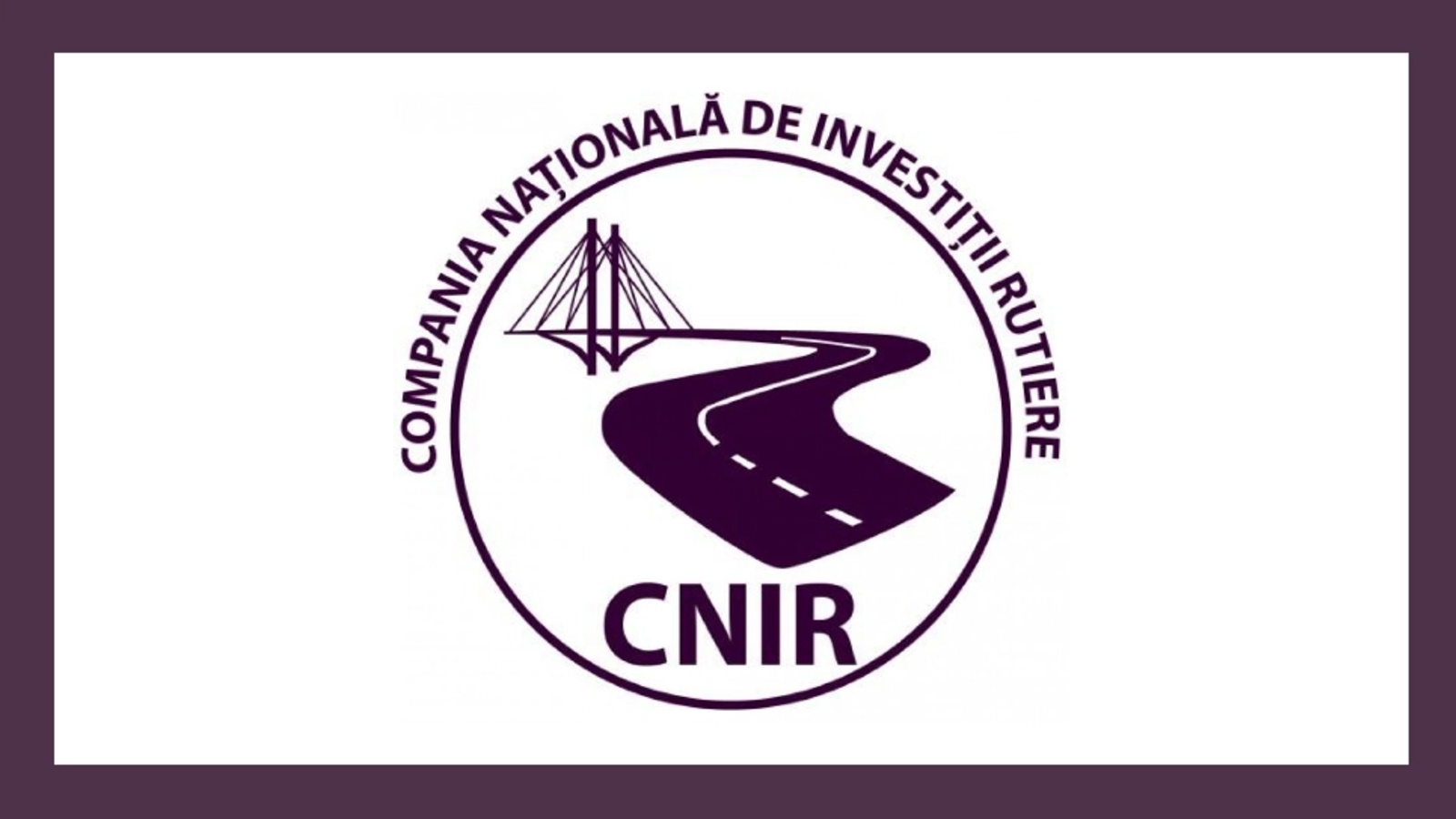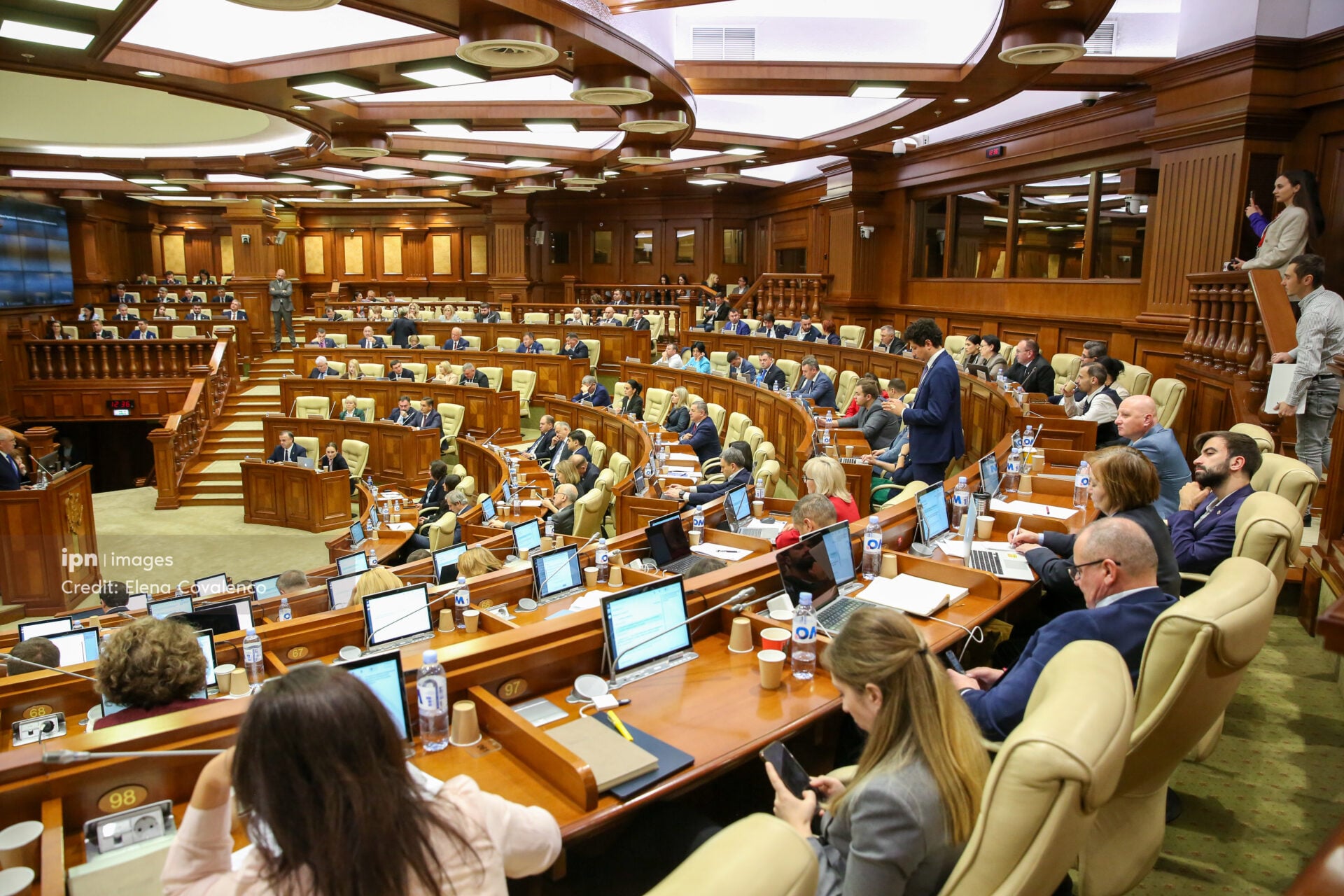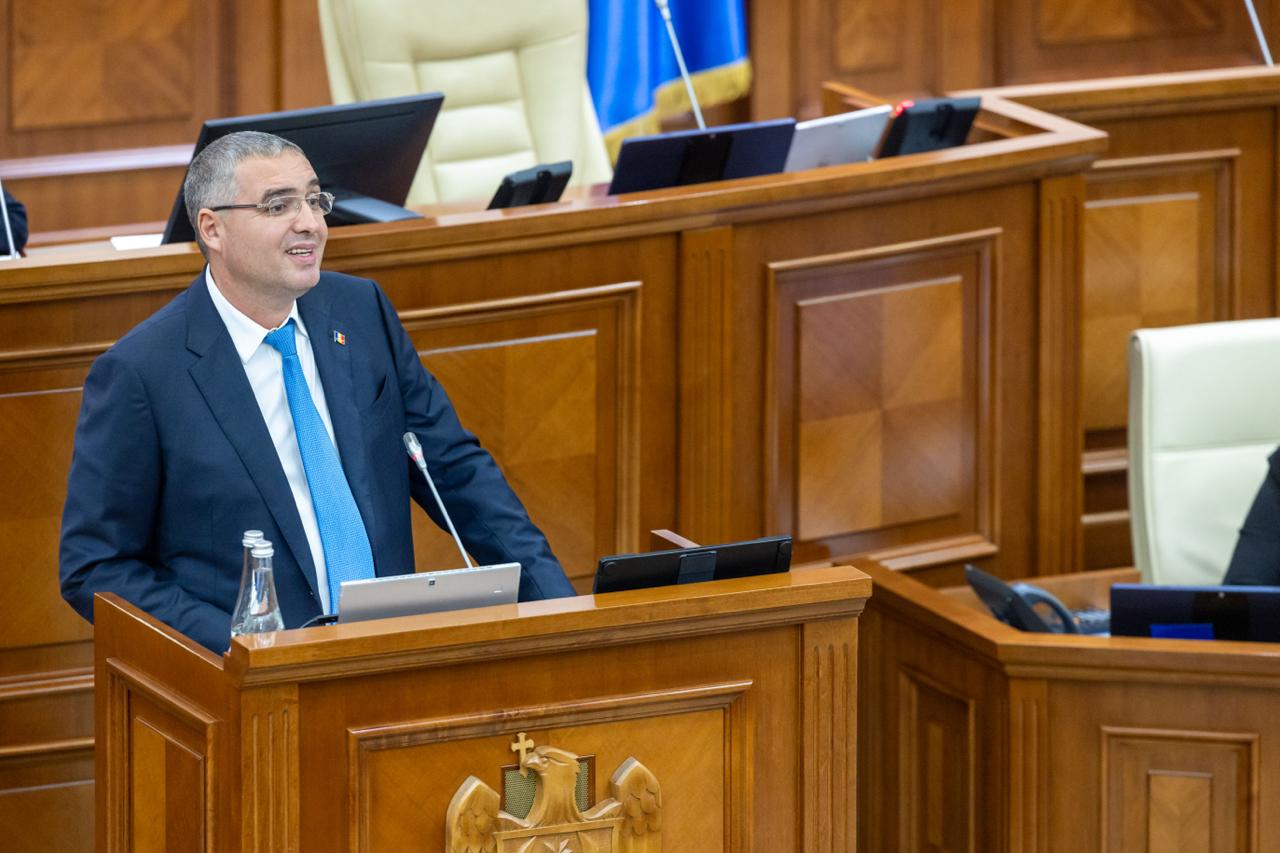A collaboration protocol to promote the use of waste as alternative materials in road infrastructure works was signed by the National Road Investment Company (CNIR), the Ministry of Environment, Waters and Forests, the National Environmental Guard and the Technical University of Construction Bucharest, Faculty of Railways, Roads and Bridges.
According to a CNIR press release, sent to AGERPRES on Wednesday, the protocol aims to "encourage the use of materials resulting from industrial activities, construction and/or demolition, including waste found in non-compliant industrial landfills that are the subject of Case C-109/22 (inappropriate application of Council Directive 1999/31/EC of 26 April 1999 on the landfill of waste)".
Thus, the National Road Investment Company proposes an active involvement in the process of closing waste landfills.
"By promoting and integrating aggregates obtained from the recovery of construction waste within major infrastructure projects, CNIR demonstrates a firm commitment to environmental policies, the judicious use of resources and the principles of sustainable consumption and production. This strategic commitment, also reflected by the open approach to the Sustainable Development Goals of the 2030 Agenda, positions CNIR as an important actor in Romania's sustainability efforts," the press release reads.
At the same time, for the award procedures already launched, evaluation factors have been provided and additional points are awarded to bidders who assume the use of sustainable materials in a percentage of at least 3%.
"Through this protocol, we aim to develop standards and good practices for the use of recycled materials, reduce the quantities of waste deposited and contribute to achieving national and European objectives regarding sustainability, and environmental and health protection," said the general director of the National Road Investment Company, Gabriel Budescu.
Within the protocol, the partners apply some principles, such as promoting the circular economy by valorizing waste and reusing it as secondary raw materials and reducing the impact on the environment: reducing the quantities of natural resources from extraction by replacing conventional materials with sustainable alternatives.
The protocol also aims to increase economic efficiency and improve infrastructure performance. Integration of secondary raw materials to contribute to improving the quality and sustainability of road infrastructure.
"Thus, samples will be taken from the material in the dumps registered by the Ministry of Environment, Waters and Forests and laboratory tests and determinations will be carried out to identify the physical and mechanical characteristics of materials such as ash, slag, etc.", the document also states.
































Comentează